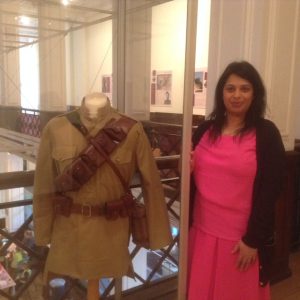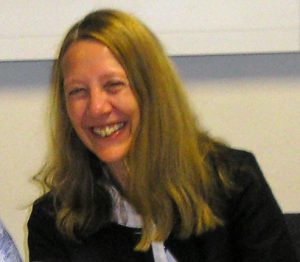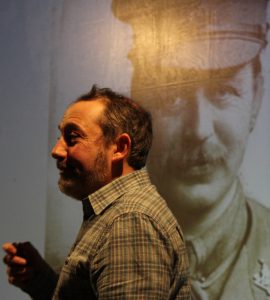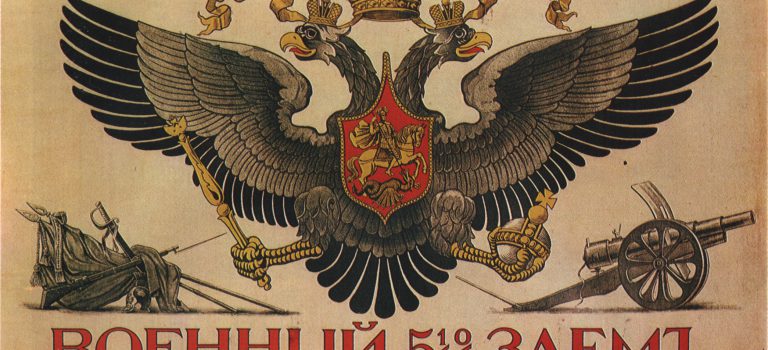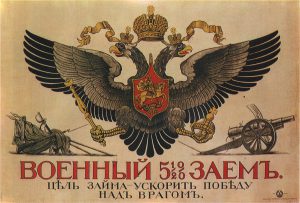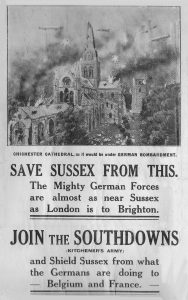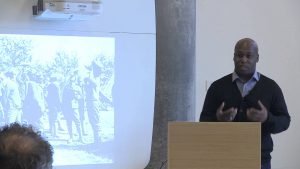
On 24th April 2017, Professor John Beckett, Community Liaison Officer Mike Noble and myself convened a Reflection Workshop with community partners at The Library of Birmingham. Community partners shared their stories of planning, creating and bringing to fruition their First World War commemorative projects which have been supported by the Centre for Hidden Histories as well as frequently funded by the Heritage Lottery Fund.
Community partners who shared their experiences at the workshop included: Garry Stewart (Recognize – Black Heritage and Culture), Andy Barrett (Excavate), Kiran Sahota (‘Honoring Indian VC Soldiers in World War One’ exhibition), Rosemary Collins (Radcliffe on Trent and the First World War) and Lyn Edmonds (Away from the Western Front). For example, Garry Stewart, whose organisation has received a Centre for Hidden Histories Community Challenge Fund grant, said of the personal impact of being involved in the commemoration of the First World War Centenary:
“I’ve developed people skills and project management to a degree… Just being out with the community connected with me... There’s an event taking place on the 22nd June [2017] which is the first African-Caribbean memorial being laid in the UK, it was unveiled a couple of year’s ago but its being in-laid in London outside the Black Cultural Archives, and from having the skills and the contacts… I have become involved in creating that… high profile event… This comes from having the skills and the background developed from this project.”
“Recognize is now known for delivering World War One projects…We’ve brought out stories that are hidden, but they’ve actually been right under the noses of people… My next door neighbour, I’ve known him for thirty years now, he saw me with my uniform on the other day, and he said I must tell you my great, great grandfather fought in the First World War…What made it more fabulous is that at home… he’s got all of his old medals and they are all in tact… Sometimes it’s not that the stories are hidden…it’s just that people have not had the platform to share that story.”
The insights collated from this reflection workshop will form a key part of a paper that I am giving at the University of Bristol’s ‘Creative Histories’ conference (19-21 July 2017). This will be in relation to Keri Facer and Bryony Enright’s idea of the ’embodied legacies’ of community research projects.
